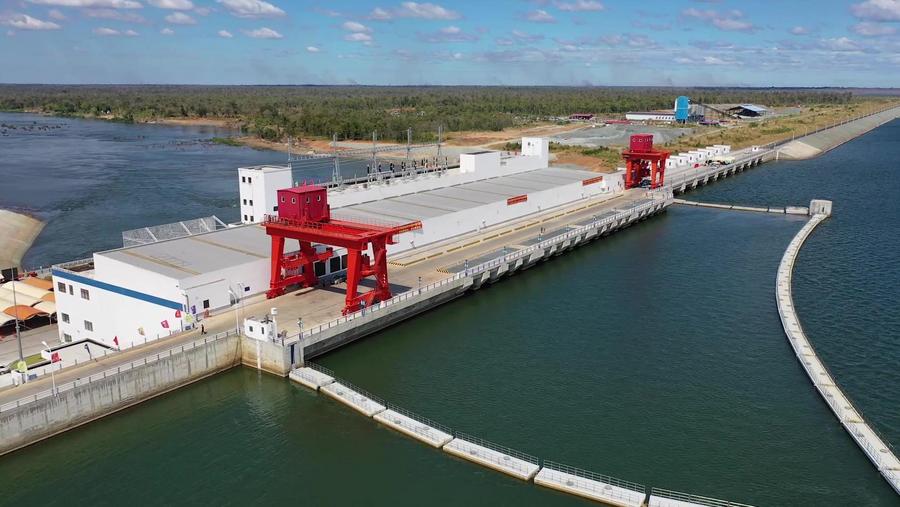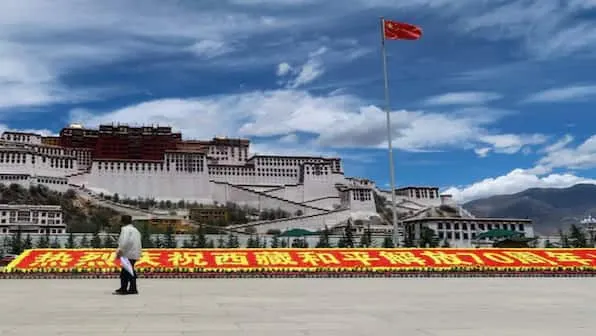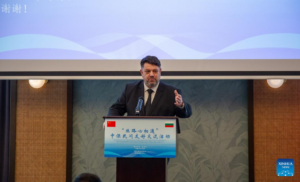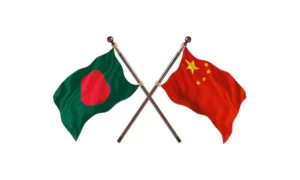US State Department’s report reaffirms Dragon’s expansionist attitude
Beijing’s geopolitical moves continue to disguise its larger designs. It is now widely known that Xi Jinping’s assertive foreign policy has ‘Two Centenary’ goals: ‘China Dream’ by 2021-the hundredth year of the founding of the CPC (Communist Party of China)-and making China a ‘major power with pioneering global influence’ by 2049, the centenary of the founding of People’s Republic of China.
A recent report submitted by the US Defence Department on Military and Security developments made by China in the year 2020 reaffirms the above claims. The report underlines that China aims to achieve “the great rejuvenation of the Chinese nation” by the year 2049 to match or surpass US global influence and power; displace US alliances and security partnerships in the Indo-Pacific region and revise international order to be more advantageous to Beijing’s authoritarian system and national interests.
Beijing has formulated a cohesive economic, foreign and military policy to achieve the stated objective. Its foreign policy seeks to build a ‘community of common destiny’ that supports its strategy to realise “the great rejuvenation of Chinese nation”. Its economic, technological, political, social and security developments are meant to support Beijing’s strategy to shape international and regional environments that accept and facilitate Beijing’s interests.
With an aim to acquire strategic military advantage, China has established a nascent nuclear triad and is aggressively pursuing the modernisation of its nuclear forces besides increasing its nuclear arsenal. It is also expanding the number of its land, sea and air-based nuclear delivery platforms and constructing infrastructure necessary to support the major expansion. Beijing is likely to expand its deliverable nuclear warheads to 700 by the year 2027 and 1000 by 2030. New developments in 2020 suggest that China intends to increase the peacetime readiness of its nuclear forces by moving to a ‘launch-on-warning’ posture.
The report also highlights that in a bid to assert its influence outside its territory, Beijing seeks to establish a more robust overseas logistics and basing infrastructure to allow the PLA to project and sustain military power at greater distances. Beyond its base in Djibouti, Beijing is pursuing additional military facilities to support naval, air, ground, cyber and space power projection. It is considering a number of countries including Cambodia, Myanmar, Thailand, Singapore, Indonesia, Pakistan, Sri Lanka, UAE, Kenya, Seychelles, Tanzania, Angola and Tajikistan as locations for PLA facilities.
The countries need to wary about Beijing’s hegemonic designs before allowing it to establish any kind of base on their territories. Chinese ‘generosity’ is driven only by political interests and mercantilism. Inviting China on one’s soil could have long term consequences. Examples are galore where the Dragon has devoured strategic installations and jeopardised the sovereignty of host countries.













